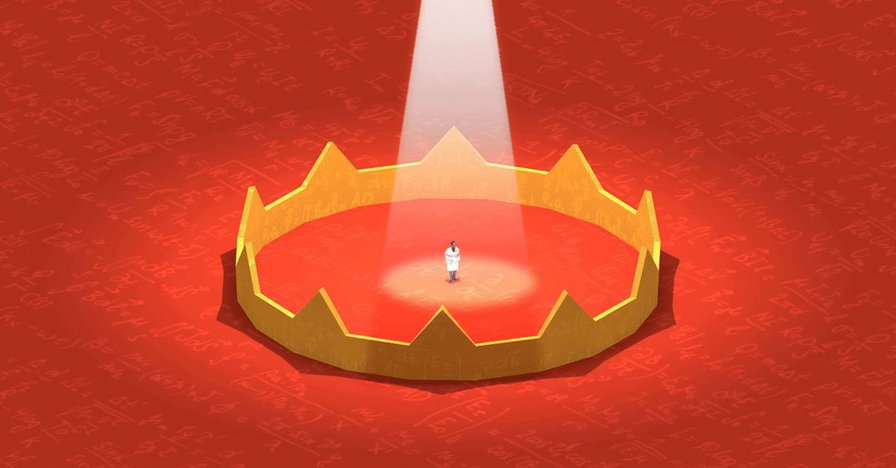Intellectual humility: the importance of knowing you might be wrong

my notes ( ? )
our reality will always be an interpretation. ...How could it be that our perception of the world isn’t the only one? That sense of indignation is called naive realism: the feeling that our perception of the world is the truth... we confuse effortlessness with accuracy... When something is so immediate and effortless ...it just feels true. ... when a lie is repeated, it’s more likely to be misremembered as being true... When you’re hearing something for the second or third time, your brain becomes faster to respond ... that fluency is confused with truth...The first rule of the Dunning-Kruger club is you don’t know you’re a member of the Dunning-Kruger club...
People are unlikely to judge you harshly for admitting you’re wrong... When we do see someone admit that they are wrong, the wrongness admitter is seen as more communal, more friendly...
intellectual humility requires support from peers and institutions... humility needs to be built into the standard practices of the science... through transparency... show others what we know and what we don’t... more celebration of failure, and a culture that accepts it...
democracy ... need a balance between convictions ... and humility... Those two things will always be in tension.
Read the Full Post
The above notes were curated from the full post www.vox.com/science-and-health/2019/1/4/17989224/intellectual-humility-explained-psychology-replication.Related reading
More Stuff I Like
More Stuff tagged persuasion , psychology , transparency , cognitive , humility , science
See also: Communication Strategy , Content Strategy , Online Strategy , Social Media Strategy , Psychology , Communications Strategy , Science&Technology